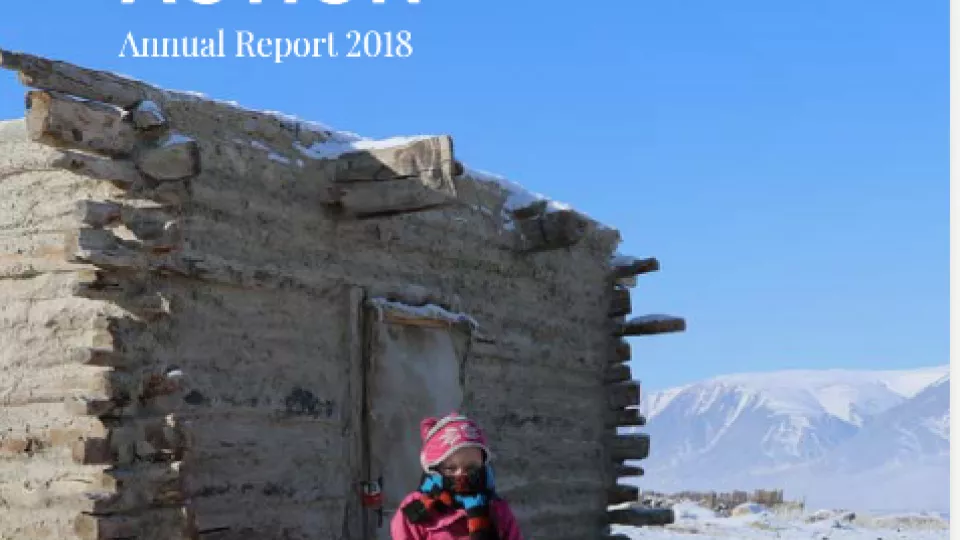
Mongolia Report
Mongolia is unique. 30% of the population earn their livelihoods from herding livestock, leading a traditional nomadic life to enable their animals to access pasture throughout the year. Weather conditions can be extremely harsh, with long, stormy winters where temperatures can drop as low as -40C or -50C. Herders, and therefore the wider Mongolia economy, are vulnerable to the impacts of extreme winter weather. Dry summers can mean livestock do not gain the weight needed to survive winter, combined with harsh conditions this can cause mass livestock mortality known as ‘dzud’.


